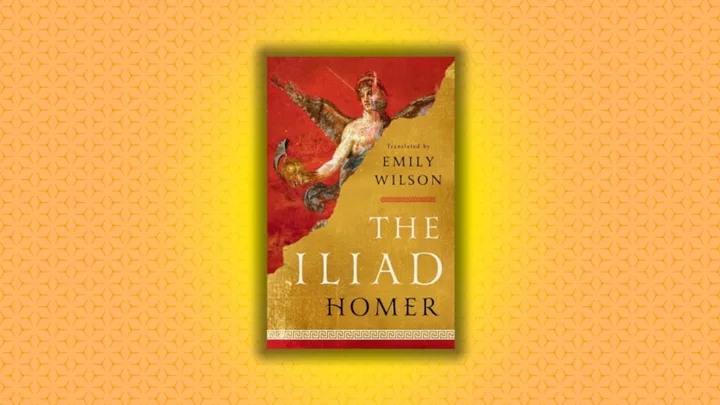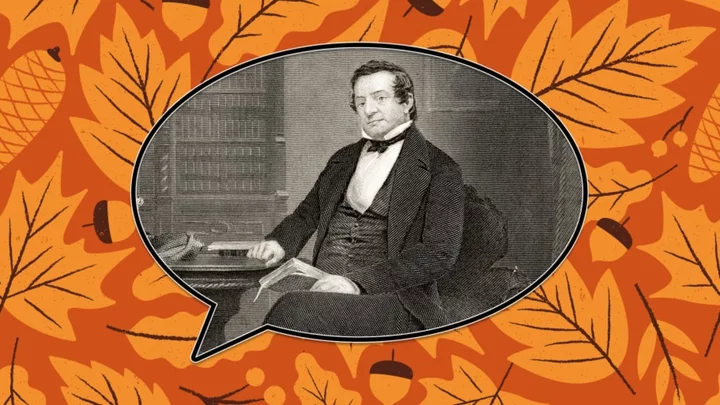It’s hard to overstate the impact of Homer’s The Iliad and The Odyssey. Beloved for more than 2700 years, these ancient Greek epics tell the stories of gods and heroes and, often, the clashes between them. But they aren’t just dusty old classics. Characters like Achilles remain well-known, especially due to the popularity of modern book, TV, and movie adaptations like Wolfgang Petersen’s Troy (2004). But for those wanting to go back to the original source material, Emily Wilson’s new translation of The Iliad is the perfect place to start.
When Wilson’s translation of The Odyssey came out in 2018, it rocked the classics world. Because she was the first woman to translate the story into English, people were especially interested in her take on the tale of the hero Odysseus. But it was her decision to preserve the lyrical “poetry“ aspect of Homer’s epic poem—complete with iambic pentameter (a rhythm structure most famously seen in the works of Shakespeare)—that really got readers talking. Its incredible accuracy to the original Greek version was also praised by fellow scholars, and led prominent classics programs at Yale and Columbia Universities to adopt Wilson’s version as their official translation of The Odyssey.
Now, after six years of effort, Wilson’s translation of The Iliad is finally here. The translation, which again uses iambic pentameter, is already receiving rave reviews. Critics are especially praising the author’s skill at conveying the distinct voices of major players like Achilles, Agamemnon, and Hector—which is an important feat, considering dialogue makes up about a quarter of the character-driven epic. But as with any translation, some word choices have proven to be more controversial than others.
Wilson’s description of Achilles’s rage as “cataclysmic” in the first line of the poem, for example, is a bit of an artistic choice. It mimics the similarly four-syllable Greek descriptor oulomenē and associates Achilles’s anger with a natural disaster. Some, however, believe she should have prioritized keeping the more obviously negative connotation of the original Greek word, which is often translated as “destructive” or “ruinous.”
But Wilson’s choices also preserve metaphors and imagery in the text that other translations have overlooked. One of the most notable examples of this is the way she describes Achilles’s life, which is prophesied to be short. Achilles is the fastest runner in the Greek army, and in the original text, Homer parallels Achilles’s speed with the “speed“ with which his destiny approaching. Most translations have avoided this metaphor; they often just state that Achilles’s life will be short. But Wilson preserves the imagery of Achilles being outrun by fate by writing: “Your death runs fast behind you.”
For Wilson, these images are core to her translation. “I chose, whenever I felt I could get away with it, to prioritize Homeric imagery and metaphors, even when they sometimes sound strange or alien in English,” she told The Washington Post.
It’s telling that after almost three millennia, Homer’s epics are still being read, debated, and enjoyed. Why are people still so invested in these stories and their new translations? Of course, they give us fascinating insight into the world of Greek mythology from the perspective of ancient Greeks themselves. But The Iliad and The Odyssey also tell deeply human stories that continue to resonate. For Wilson, The Iliad “tells the truth.” Her way of honoring that truth is creating a translation that harkens back to how Greeks would have listened to the story of their own heroes, recreating its vivid imagery and musicality for today’s readers.
This article was originally published on www.mentalfloss.com as A New Translation of ’The Iliad’ Is Bringing a Truer Ancient Greece to Modern Readers.









